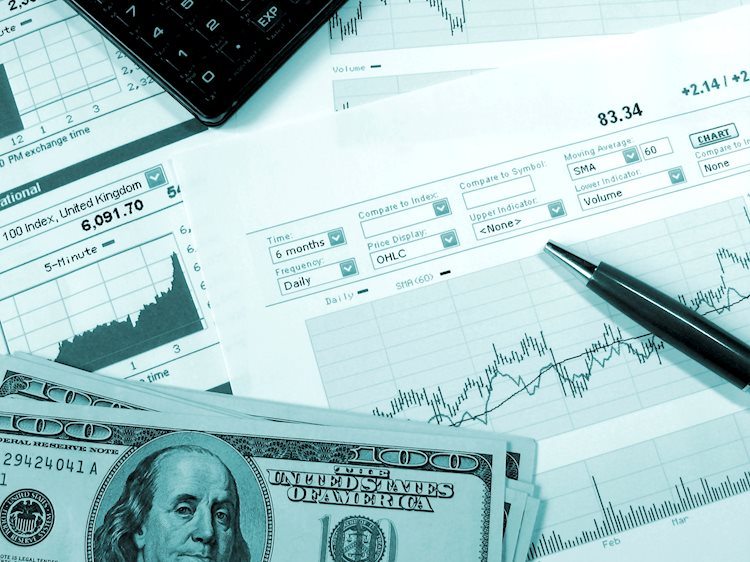Since a few days, Ivorians have suffered from recurrent power cuts in the supply of electricity and have made it known. “It’s a shame that such a large country like the Ivory Coast is reaching the point of load shedding,” complains this user on Twitter. Anger is mounting, because the scourge of the power cut affects all the major cities of the country, such as the economic capital, Abidjan, a metropolis of about 5 million inhabitants. The employers, the consumers and the trade unionists are standing wind as the country wants to be a regional leader in the electricity sector.
“This load shedding experienced by Côte d’Ivoire must be the last in its history. We cannot be at this level and still have 1960 problems. Even if it means doing things, let’s do them well. All the attractiveness created in recent years, on the business side, is in danger of disappearing, ”warns a user on social networks.
“When it’s not the water, it’s the current! »Complains a resident of Yamoussoukro. “Here in Korhogo [principale ville du nord de la Côte d’Ivoire, NDLR], there is not a day without witnessing a power cut, endangering our household appliances, ”says an official.
Côte d’Ivoire, which has experienced a strong economic upturn for eight years, produced in 2019 more than 2,229 megawatts (MW) of electricity and exported in 2020 11% of its electricity production to six neighboring countries – Ghana , Togo, Benin, Burkina, Mali and Liberia – according to the Ministry of Energy.
Bad rainfall and climate change
Concretely, the low level of water in dams, due to low rainfall and climate change which limit hydroelectric production, and insufficient supply of natural gas, which limits thermal production, are the main reasons put forward. “These disturbances are mainly due to the decrease in the production of electrical energy, due to the climatic context of the dry season which deprives the company of a significant part of the production of hydraulic energy”, explained the head of the national electricity company, Ahmadou Bakayoko. In addition, there were blackouts at the Azito thermal power plant in Abidjan, which generates a third of the country’s electricity.
Ivorian electricity production is provided mainly by seven hydroelectric power stations and four thermal power stations at 67% and 33% respectively for a total installed capacity of some 2,200 MW.
Serious consequences for households and businesses
The Confederation of Large Businesses of Côte d’Ivoire (CGECI, employers) was the first to denounce “an energy crisis”, in a letter addressed to the Ivorian Prime Minister, Patrick Achi.
“The disturbances on the electricity network and power cuts lead, over the period from April to August 2021, to a deficit of 200 MW,” says the boss of Ivorian bosses, Jean-Marie Ackah.
The Ivorian Electricity Company, the only distributor, “wants to make up for this deficit, through a load-shedding plan for 145 large industrial companies”, over five months, according to Mr. Ackah, who deplores “a situation of extreme gravity which will lead to consequences for the national economy ”.
For his part, Jean-Baptiste Koffi, president of the Confederation of Consumers of Côte d’Ivoire (COC-CI), spoke out against “sudden and unexpected disruptions” which “disrupt the lives of consumers today”. “Electricity is increasingly lacking, both in the workplace and in homes. Frequency […] apologies from the CIE announcing work in progress as well as the regular mobilization of its teams succeeded in convincing consumers who still doubted that the problem is serious and goes beyond the scope of the CIE: Côte d’Ivoire is offloading, ”he told AFP.
For him, “this unacceptable situation cannot continue” and he urges the authorities to meet “the legitimate expectations of consumers”. He also said he feared that “a decline in the activity regime at the industrial level inevitably leads to a decrease in the quantity of products on the market and, consequently, an increase in costs”.
According to Mamadou Soro, secretary general of the Humanism trade union center, which says it brings together 187 trade unions from 23 sectors of activity: “These cuts seriously affect the informal sector which contributes more than 70% to the national economy. ”
A return to normal in four months
The immediate consequence is the rationing of the supply of electricity to households and businesses. “The supply of electricity will be rationed from Monday in households and in the industrial sector,” said the director general of the Ivorian Electricity Company, in a statement. According to him, the cut in the supply of electricity in households could go “up to six hours a day”.
“Priority will be given to the fact that the cuts are made mainly during the day,” said the director general, adding that the cuts could be made in “the time slots from 6 am to 12 noon, from 12 noon to 6 pm or from 6 pm to midnight ”. “In the industrial sector, the CIE took into account the production rhythms, and, within the framework of a monitoring committee set up, it was agreed that there would be blocks of working days and blocks where companies will not work, ”he continued.
According to forecasts by the CIE, the country will return to normal in two months, in July, a period that coincides with the rainy season. The company also announced “urgent works” to strengthen the power plants and increase gas production for the proper functioning of the plants.
The objective of achieving “a capacity of around 4,000 MW” and “an energy mix of 42% renewable energies at the end of 2030” is “compromised”, notes energy expert Marie-Joscelyne Dosso. 75% of Côte d’Ivoire’s electricity supply is provided by two thermal power stations, those of Ciprel (40%) and Azito (35%), the rest by hydroelectric dams.
Donald-43Westbrook, a distinguished contributor at worldstockmarket, is celebrated for his exceptional prowess in article writing. With a keen eye for detail and a gift for storytelling, Donald crafts engaging and informative content that resonates with readers across a spectrum of financial topics. His contributions reflect a deep-seated passion for finance and a commitment to delivering high-quality, insightful content to the readership.






